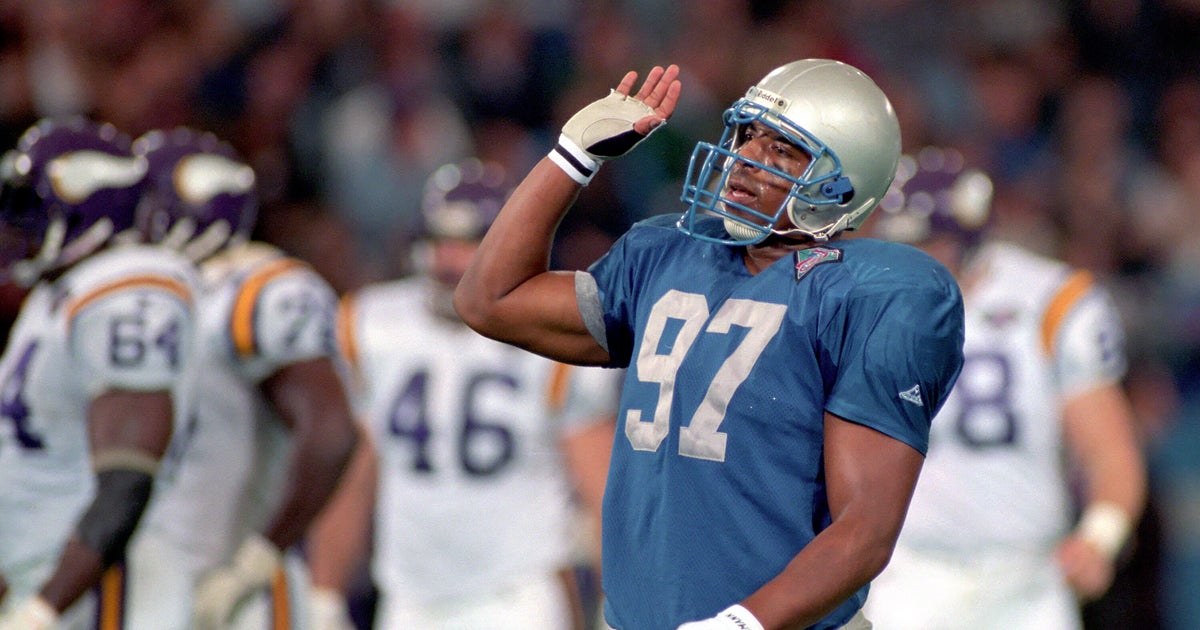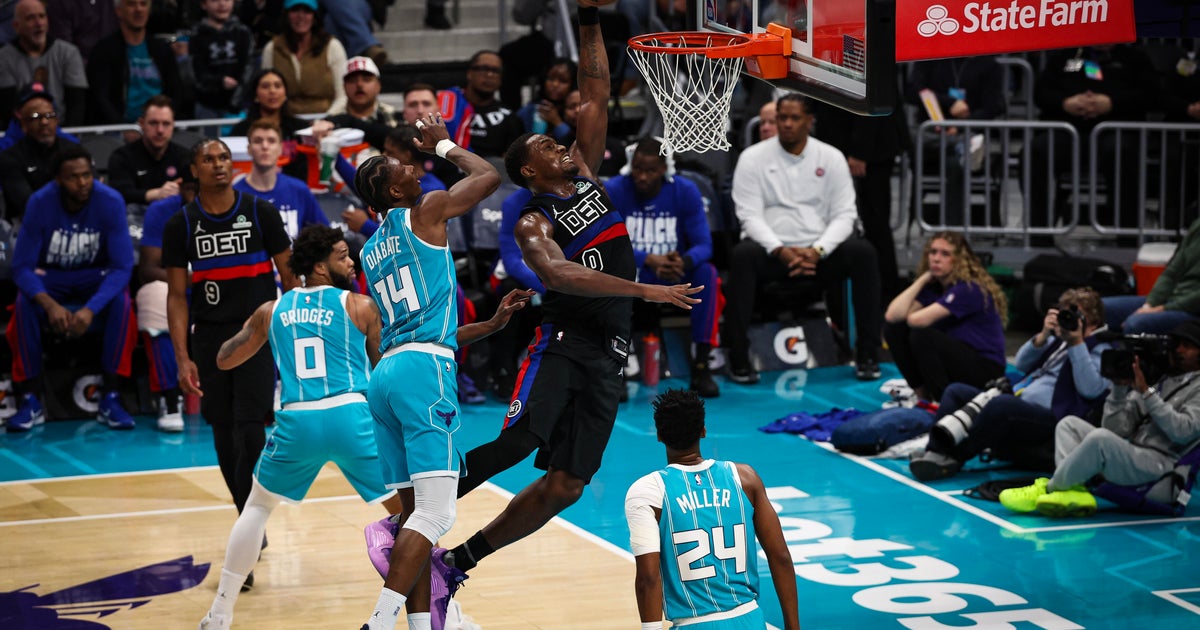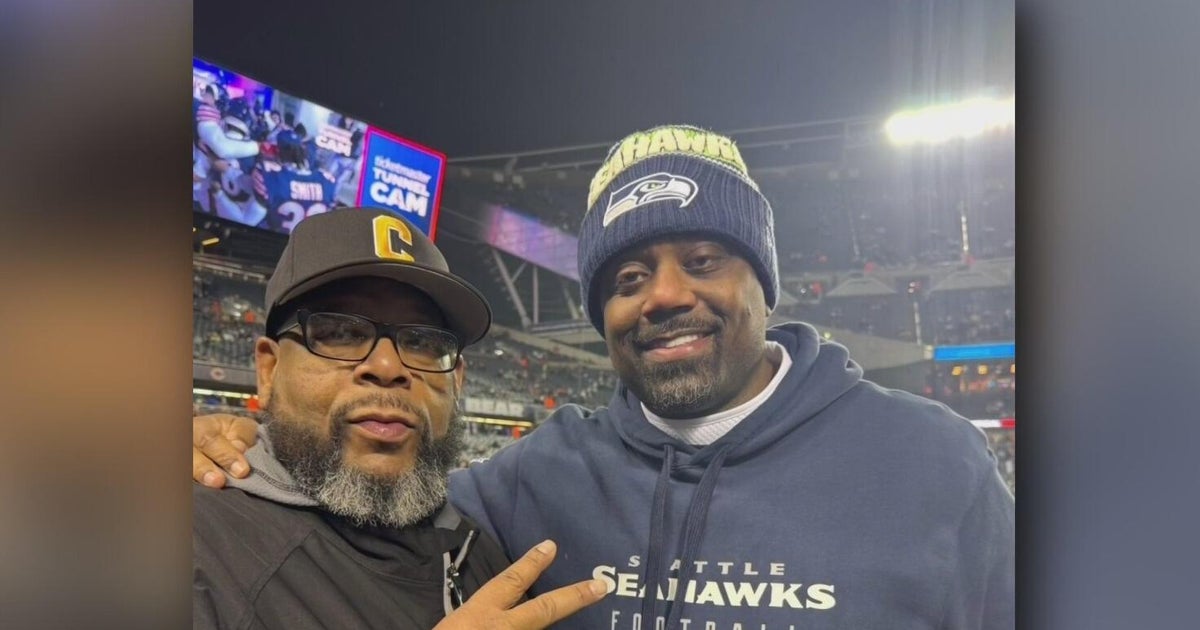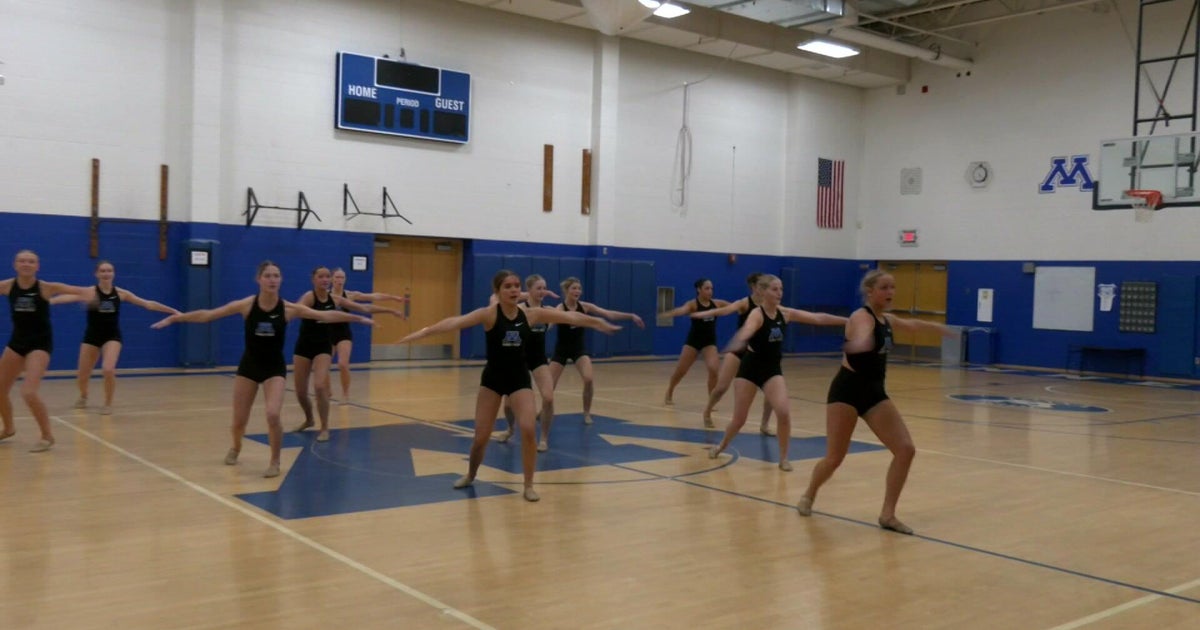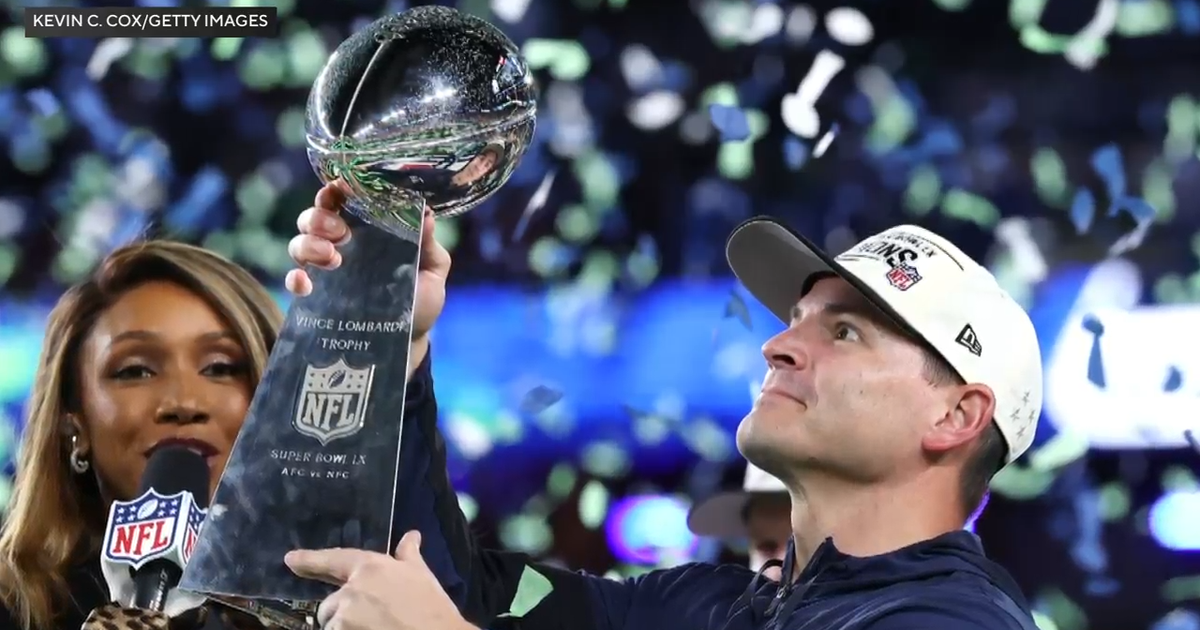NFL stands by Calvin Johnson incomplete pass ruling

ALLEN PARK, Mich. -- The NFL is standing behind how a buzz-creating call was handled in the Detroit-Chicago game.
Lions coach Jim Schwartz refuses to make a fuss about it.
Jacksonville Jaguars coach Jack Del Rio, though, wished referees could've used their own judgment to rule Calvin Johnson scored a touchdown.
"I'd like to see a little commonsense injected into the officiating," Del Rio said Monday.
That's exactly what the league doesn't want.
"What we try to do with any rule is eliminate the gray area," NFL vice president of officiating Carl Johnson said.
Calvin Johnson leaped for a catch and got two feet and a knee in the end zone before the football hit the ground and he let it go. It was ruled incomplete, allowing the Bears to hold on for a 19-14 win Sunday.
Referee Gene Steratore said after the game that the receiver had to maintain possession of the ball throughout the entire process of the catch, and his boss backed him up the next day.
"I am extremely pleased how it was handled," Carl Johnson said. "I was watching it here in the command center, and am proud of the way our guys handled it."
Carl Johnson, though, wasn't surprised by the uproar.
"It reminds me of the tuck rule, which a lot of people didn't know," he said. "But it was properly ruled on the field. Now it is a nonevent because the fans know it.
"Now we can further educate the fans and media on what the proper requirements are for a catch."
Schwartz refused to criticize the call made by the officials on the field or give his opinion about the rule.
"It really doesn't matter, technically, what we think," he said.
Johnson wasn't in the locker room when reporters had access to it Monday, but running back Kevin Smith insisted the ruling wasn't a topic of conversation among his teammates.
"No one cares," Smith said. "It's over."
Copyright 2010 by STATS LLC and The Associated Press. Any commercial use or distribution without the express written consent of STATS LLC and The Associated Press is strictly prohibited.
